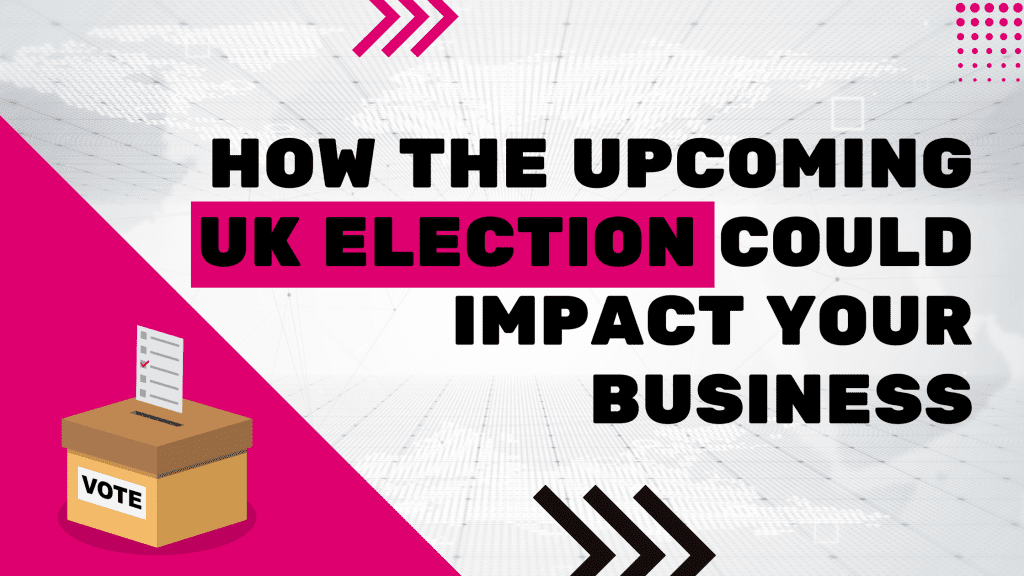
Election 2024: How Party Manifestoes Could Impact Small Businesses in the UK As the 2024 UK election draws nearer, small…

Election 2024: How Party Manifestoes Could Impact Small Businesses in the UK As the 2024 UK election draws nearer, small…
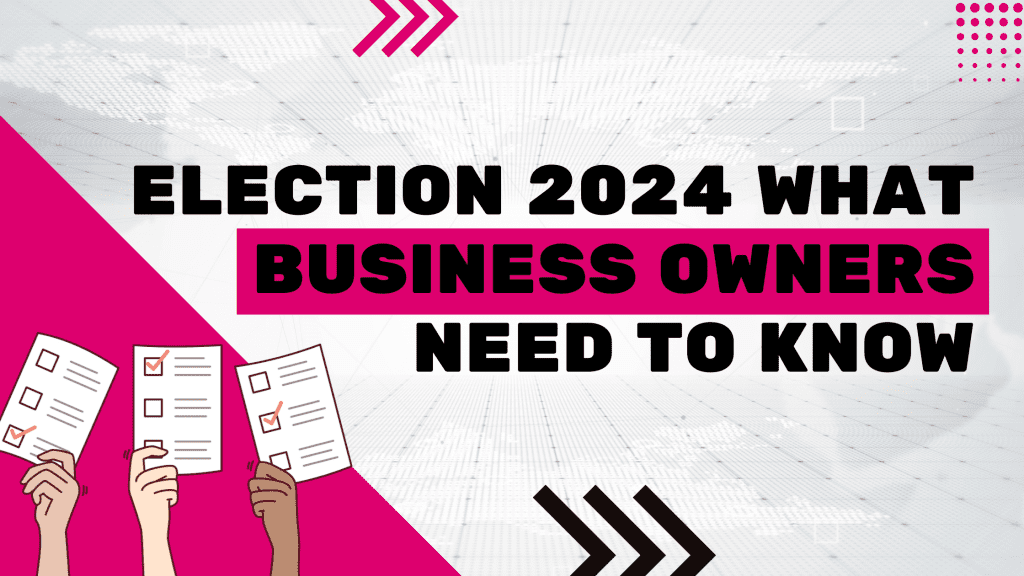
Election 2024: What Business Owners Need to Know As the 2024 election approaches, business owners across the UK are keen…
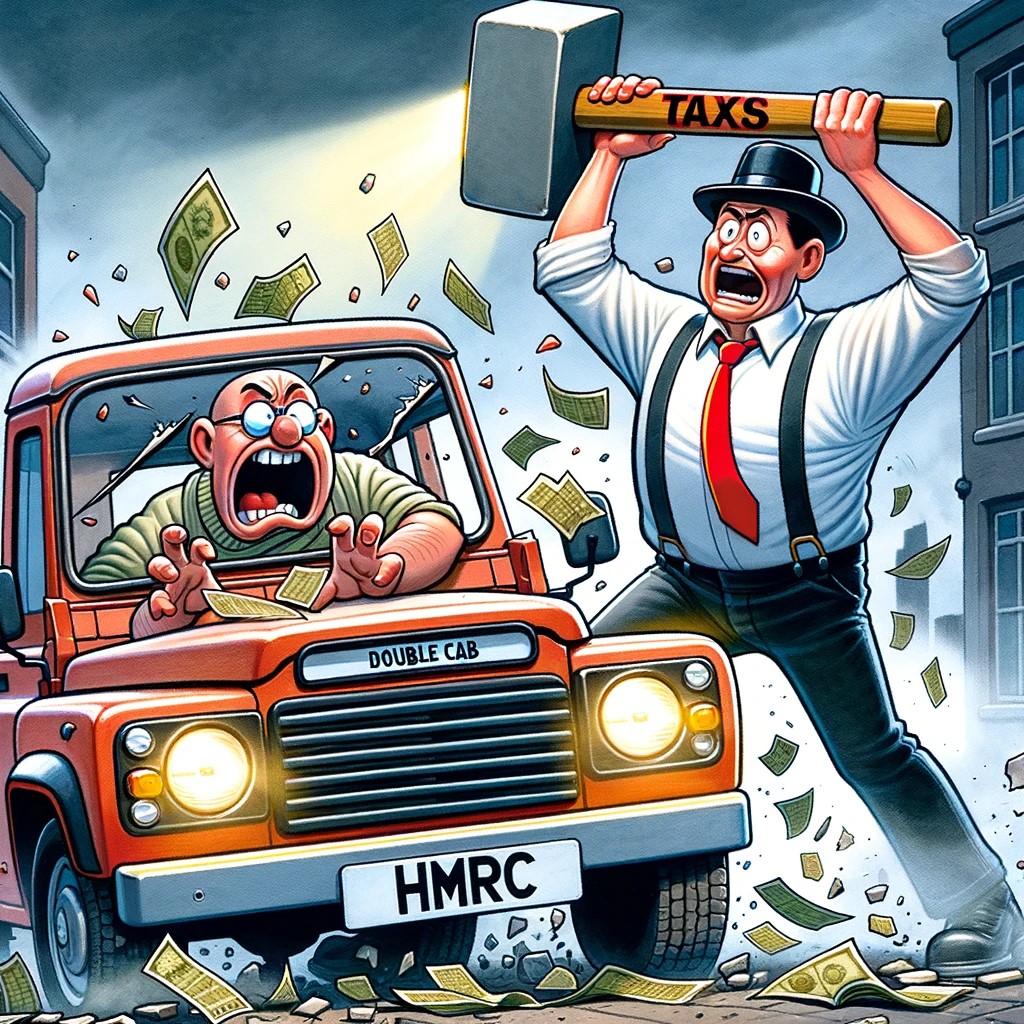
Understanding the Changing Tax Landscape Current Tax Benefits: A Favorable Position Double cab pickups are the backbone of the construction…
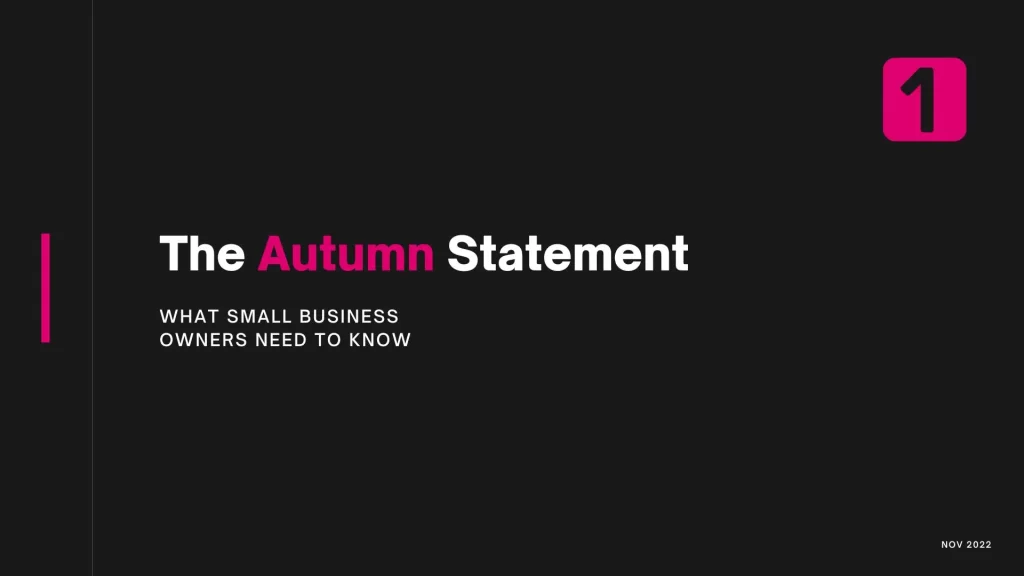
The Chancellor announced his Autumn Statement yesterday. We already knew that he was going to raise taxes and reverse most,…
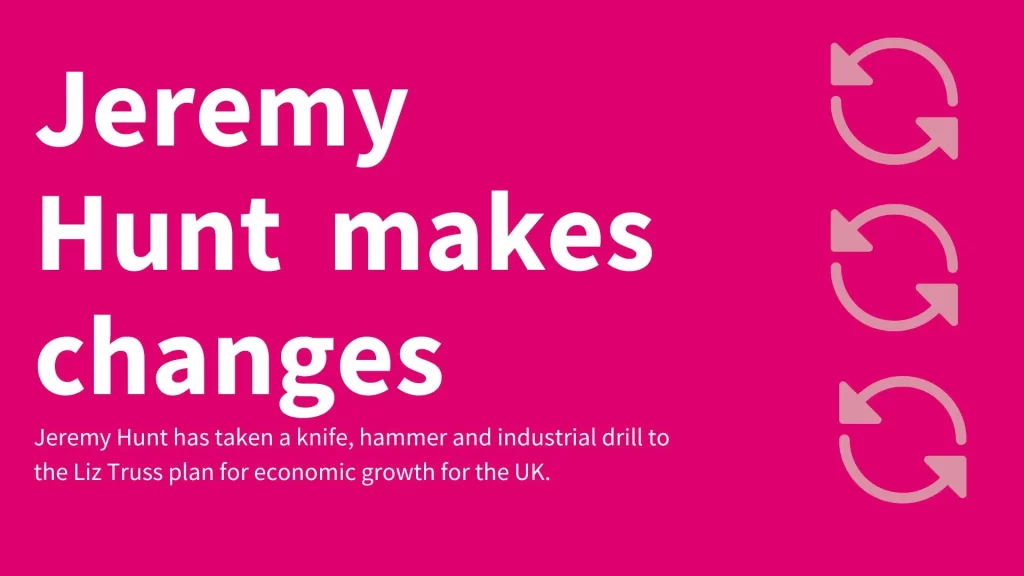
Here is another blog with yet more changes and reversals to the Kwarteng mini-budget that wasn’t a budget. In short,…
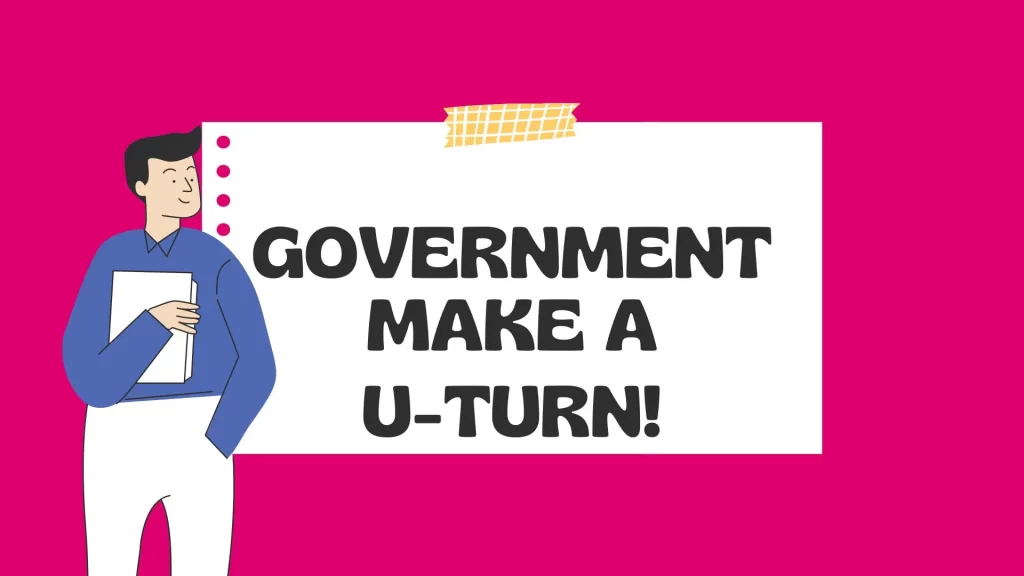
On Friday afternoon the UK Prime Minister, Liz Truss held a press conference. Ahead of this press conference, it was announced…

Back in his Spring Statement in March of 2022, then Chancellor Rishi Sunak announced significant changes to National Insurance. The…
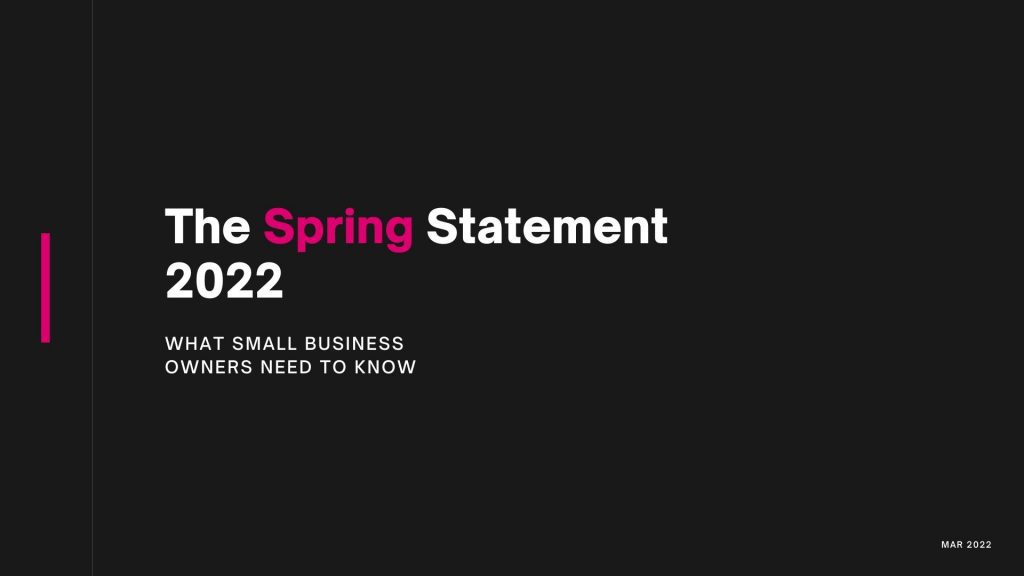
The Chancellor recently unveiled his Spring Statement. With a background of increasing wage, fuel and raw material costs and rising…
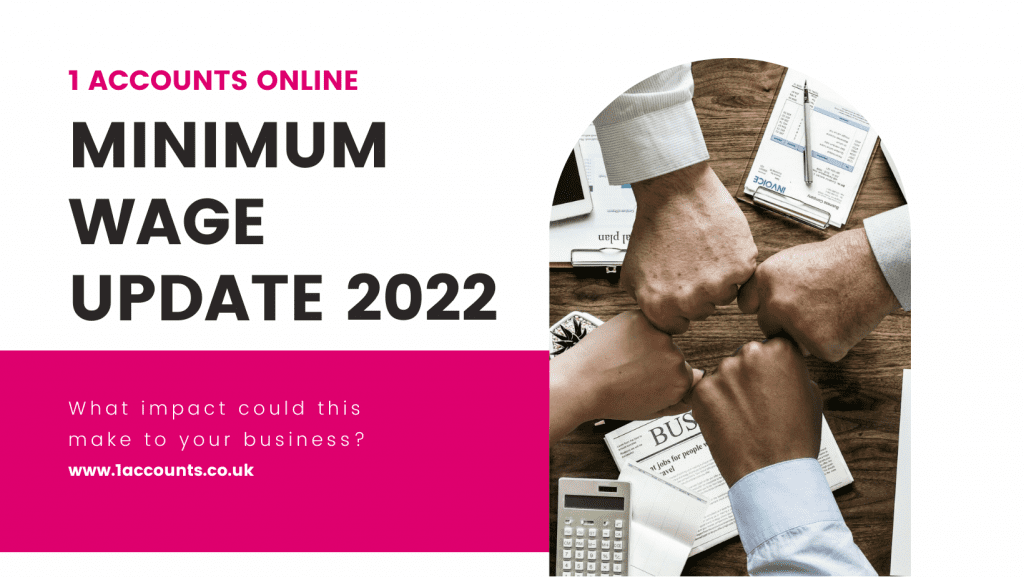
With costs going up across the board it is unsurprising that the national living wage is also being increased. However,…

In line with the further extension of the CJRS furlough scheme for employees the chancellor has also set out further…